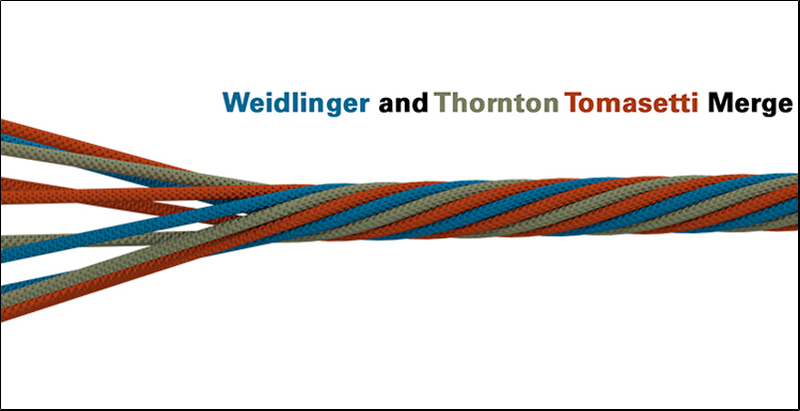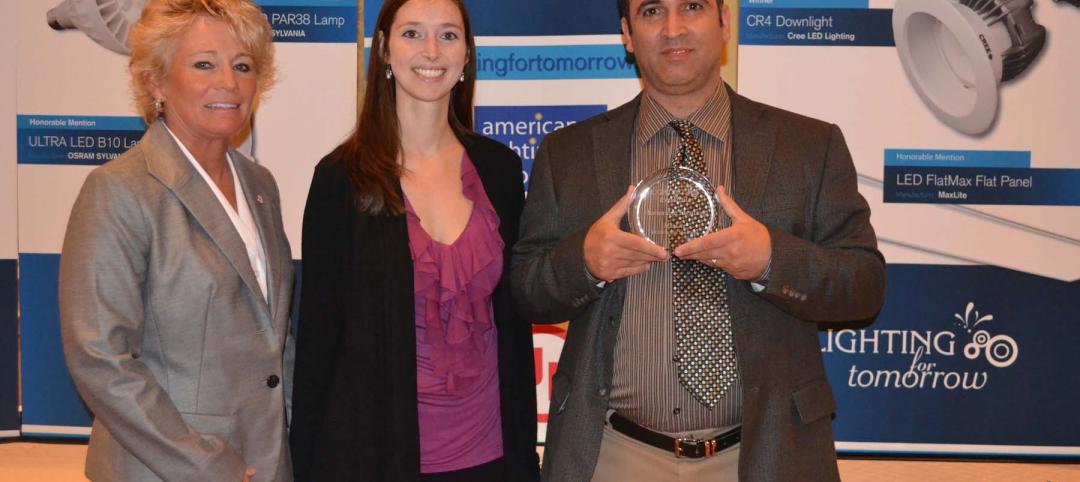Thornton Tomasetti, the industry’s third-largest engineering/architectural firm, has joined forces with Weidlinger Associates through a merger whose goals include cultivating a broadly based global practice that focuses on innovation, research, and development.
The combined company remains based in New York, and will operate under the name Thornton Tomasetti. However, the Weidlinger brand is sticking with three of the combined company’s 10 practices—applied sciences, protective design, and transportation—to leverage that brand’s already established recognition among customers.
While the terms of the merger were not disclosed, the Wall Street Journal reports that this transaction will be completed through an exchange of stock.
Jim Kent, a company spokesman, tells BD+C that all of Weidlinger’s senior-level management team are staying on, including Ray Daddazio, Weidlinger’s CEO, who will serve as Co-president of Thornton Tomasetti with Robert DeScenza until the end of 2016, at which point DeScenza plans to retire. Two of Weidlinger’s board members will join Thornton Thomasetti’s board of directors.
Thornton Tomasetti and Weidlinger already have experience developing products and services for the industry. These include PZFlex, an ultrasound product for the medical field that emerged from a seismic shock simulation product Weidlinger had developed for the federal government in the 1990s.
“Combining our firms [creates] significantly greater potential for growth and innovation than either firm could achieve alone,” says Thomas Scarangello, Thornton Tomasetti’s Chairman and CEO. “Our more-diverse merged expertise allows us to address a wider range of client needs, while offering enhanced breadth and depth of services and extended geographic reach.”
A key component of this merger will be the formation of an R&D holding company to develop innovative products and services for the company, as well as for other firms. Weidlinger also has strong connections as a government contractor in both the U.S. and the United Kingdom.
The combined company has 1,200 employees working in offices in 34 cities. (There had been relatively little competitive overlap between the two firms before this deal.) The Journal, quoting company officials, reports that the company is projected to generate about $240 million in revenue this year.
When asked about the timing of this merger, Daddazio tells BD+C that he and Scarangello, who have known each other for years, had dinner during the Construction Industry Roundtable conference in Florida last October. Scarangello told Daddazio about his company’s plans for the next five and 20 years, “and a lot of those goals resonated with me, especially when one of the first things he said was ‘we bet the farm on innovation.’ This is what Weidlinger has been about, with applied sciences and pushing the envelope.”
Weidlinger, he says, had previously spoken with several other firms about the possibility of mergers, but combining with Thornton Tomasetti had the potential for being a good fit, especially after a dinner meeting attended by the senior leaders of both companies last January, which Daddazio says went well enough to lead to more in-depth discussions.
Thornton Tomasetti and Weidlinger already have experience developing products and services for the industry. These include PZFlex, an ultrasound product for the medical field that, Daddazio explains, emerged from a seismic shock simulation product Weidlinger had developed for the federal government in the 1990s. “That product represents a couple million dollars in licensing revenue, and could be exponentially larger, now that we have a bigger platform to exploit.”
The same is true of tuned mass dampers that Thornton Tomasetti has developed with NASA, which are also being applied to reducing movements in skyscrapers.
Daddazio, who has been with Weidlinger since 1979, and was its President and CEO since January 1996, holds a doctorate from Columbia University’s School of Engineering and Applied Sciences. In his new role at Thornton Tomasetti, Daddazio expects his immediate focus will be to make sure the integration—which both companies’ boards and shareholders approved unanimously—goes as smoothly as possible.
“We’re really excited about this, and making it work,” says Daddazio.
Related Stories
| Oct 14, 2011
Midwest construction firms merge as Black and Dew
Merger is aimed at increasing market sector capabilities and building on communication and core contracting competencies.
| Oct 14, 2011
AIA Continuing Education: optimizing moisture protection and air barrier systems
Earn 1.0 AIA/CES learning units by studying this article and passing the online exam.
| Oct 14, 2011
MaxLite receives 2011 Lighting for Tomorrow honorable mention
The judging panel was particularly impressed with the performance of this fixture.
| Oct 12, 2011
BIM Clarification and Codification in a Louisiana Sports Museum
The Louisiana State Sports Hall of Fame celebrates the sporting past, but it took innovative 3D planning and coordination of the future to deliver its contemporary design.
| Oct 12, 2011
Vertical Transportation Systems Reach New Heights
Elevators and escalators have been re-engineered to help building owners reduce energy consumption and move people more efficiently.
| Oct 12, 2011
Building a Double Wall
An aged federal building gets wrapped in a new double wall glass skin.
Office Buildings | Oct 12, 2011
8 Must-know Trends in Office Fitouts
Office designs are adjusting to dramatic changes in employee work habits. Goodbye, cube farm. Hello, bright, open offices with plenty of collaborative space.
| Oct 12, 2011
FMI’s Construction Outlook: Third Quarter 2011 Report
Construction Market Forecast: The general economy is seeing mixed signs.
| Oct 12, 2011
Bulley & Andrews celebrates 120 years of construction
The family-owned and operated general contractor attributes this significant milestone to the strong foundation built decades ago on honesty, integrity, and service in construction.
| Oct 12, 2011
Consigli Construction breaks ground for Bigelow Laboratory Center for Ocean Health
Consigli to build third phase of 64-acre Ocean Science and Education Campus, design by WBRC Architects , engineers in association with Perkins + Will

















